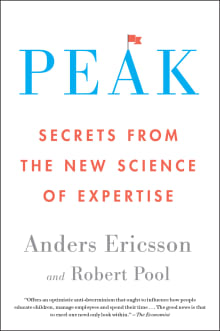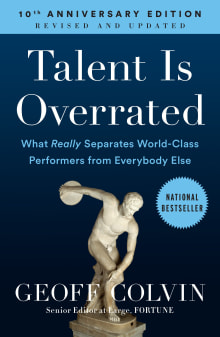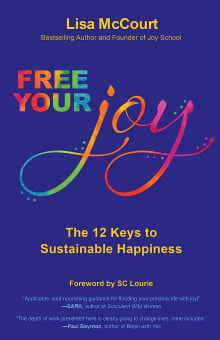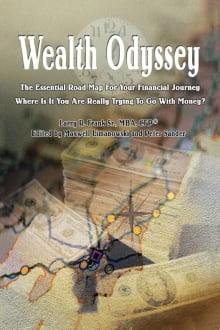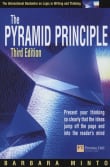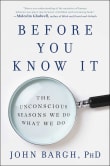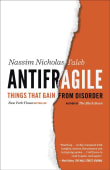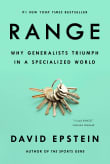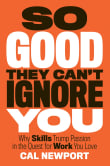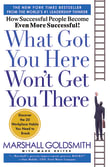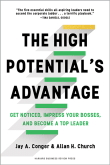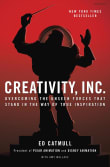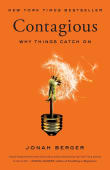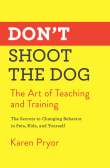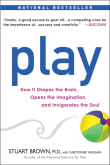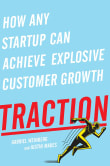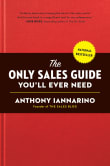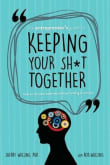
Why did I love this book?
The work of Anders Ericsson changed my life. In this book, he describes his research into how certain people become really good at what they do. They all use one particular approach to achieving excellence. First, through a teacher, they learn the specific skills they need for their chosen activity. Then, they devote large amounts of time to practicing each skill to the point of mastery. Finally, with more practice, they learn to put all the skills together.
This way of learning is familiar to anyone who’s played a sport or a musical instrument. But it had never been applied to writing. Inspired by Ericsson’s work, that’s what I did, first with my own writing, then in classes I taught, and finally in my book listed above.
3 authors picked Peak as one of their favorite books, and they share why you should read it.
Selected as a Book of the Year by New Statesman
Mozart wasn't born with perfect pitch.
Most athletes are not born with any natural advantage.
Three world-class chess players were sisters, whose success was planned by their parents before they were even born.
Anders Ericsson has spent thirty years studying The Special Ones, the geniuses, sports stars and musical prodigies. And his remarkable finding, revealed in Peak, is that their special abilities are acquired through training. The innate 'gift' of talent is a myth. Exceptional individuals are born with just one unique ability, shared by us all - the ability…

